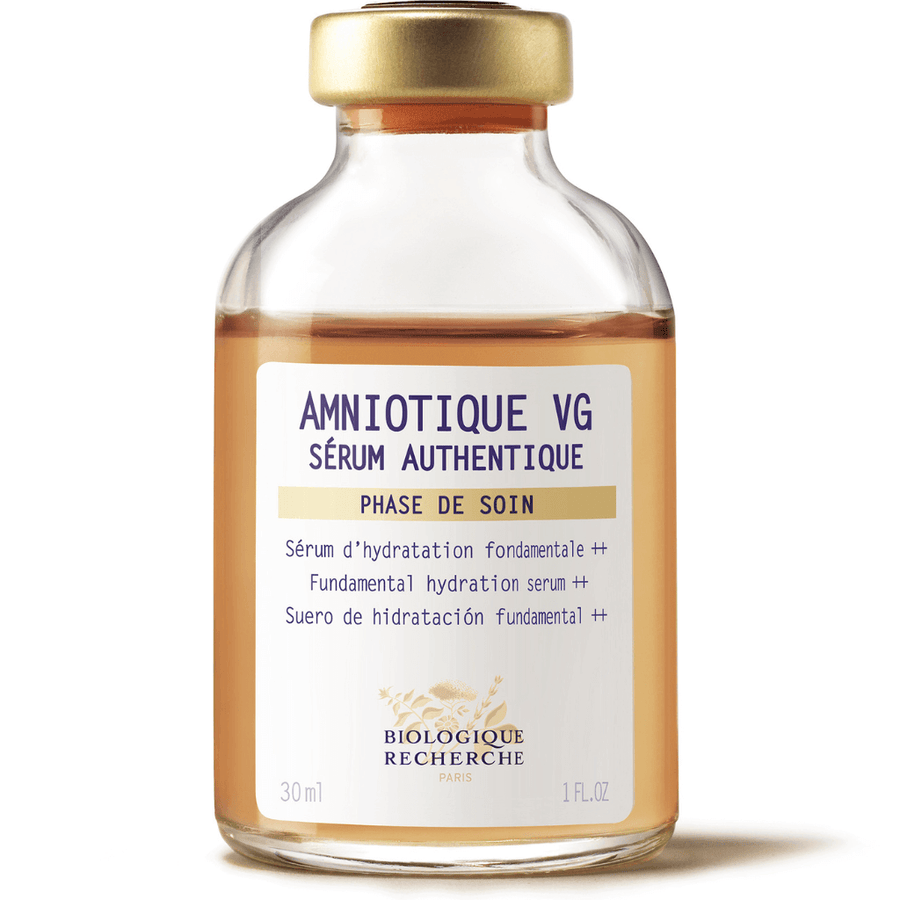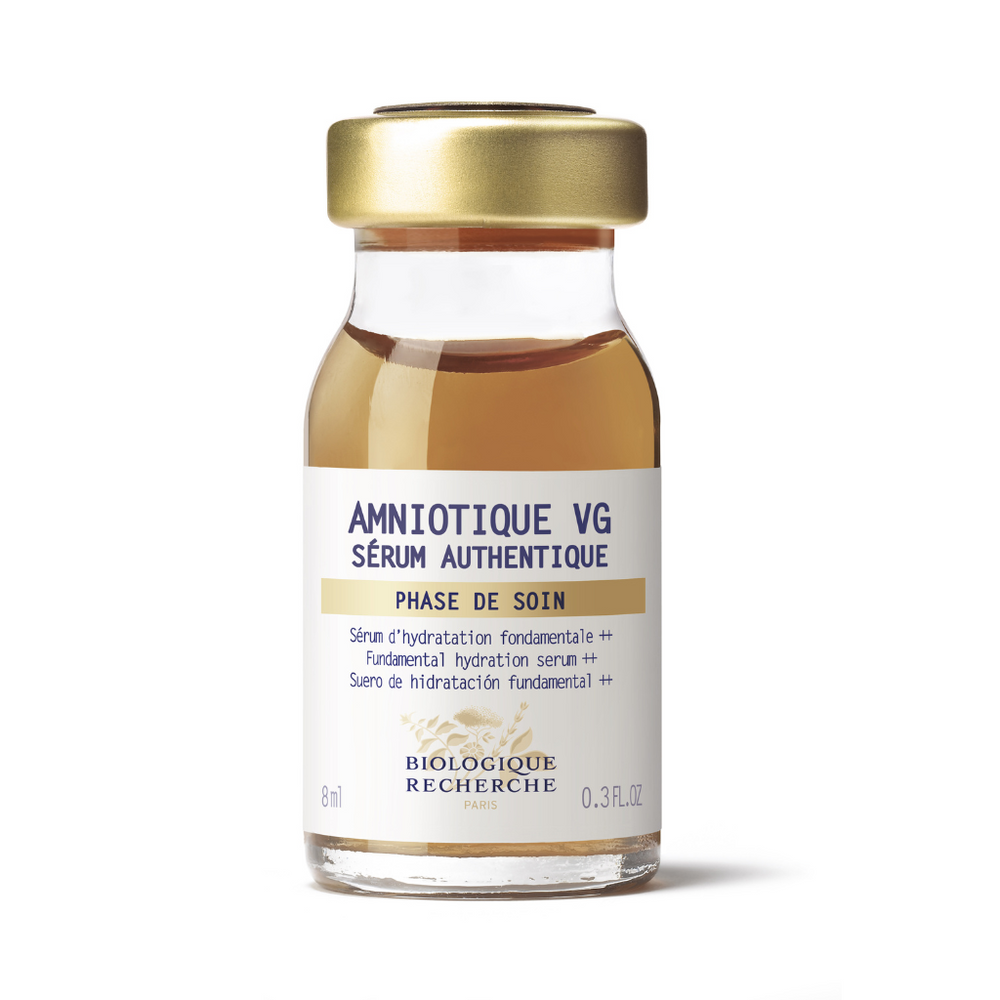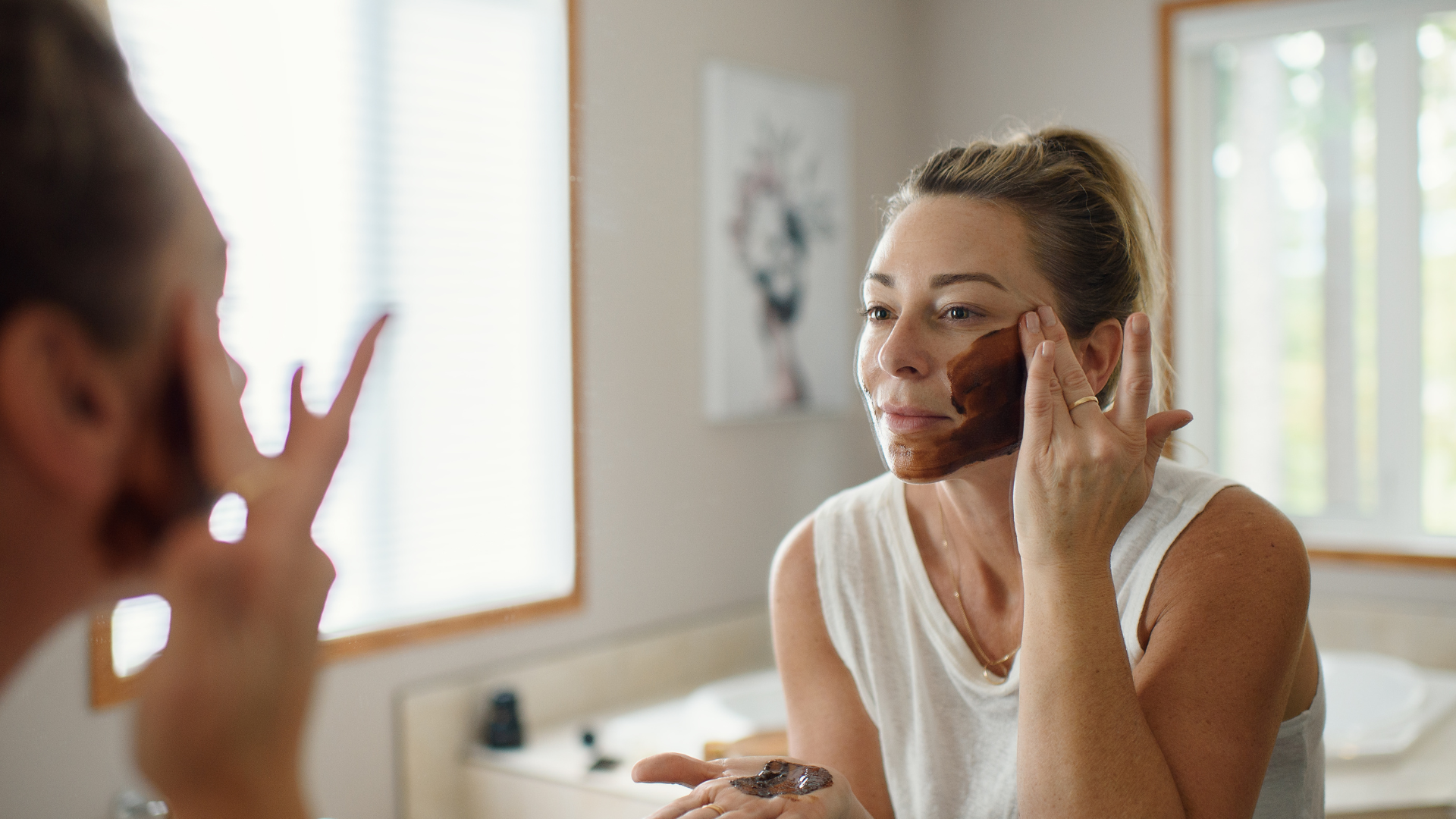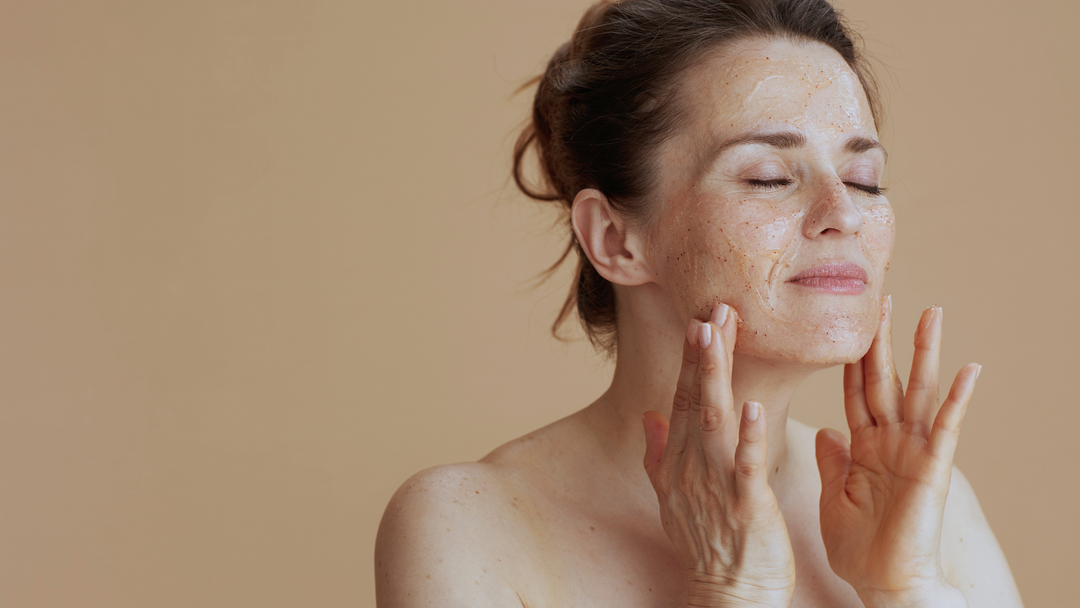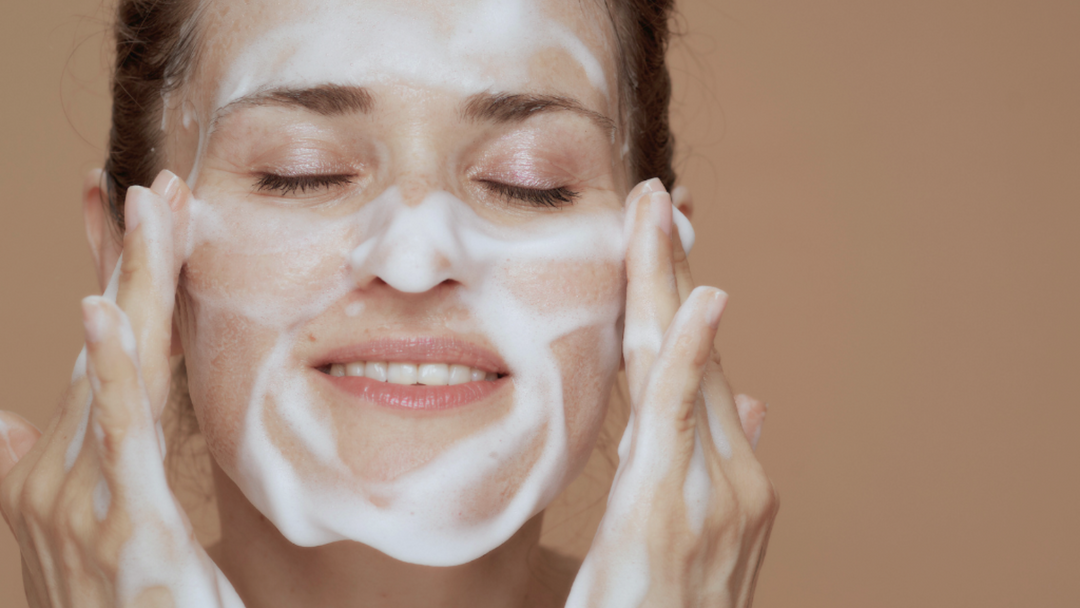A Guide to Addressing Skin Concerns
Common Skin Concerns
There are no wrong answers here, but below are the most common skin concerns people have:
Acne
- Characterized by pimples, blackheads, and whiteheads, and can affect people of all ages, not just teenagers. It can persist into adulthood and may be influenced by various factors, including hormones and genetics.
Aging Signs (Fine Lines and Wrinkles)
- As people age, the skin decreases in collagen and elastin production, leading to the development of fine lines and wrinkles.
Dehydration
- Dehydrated skin may appear dull, show fine lines, and have flaky patches. It can feel rough, tight, and lacks elasticity. Pinched skin may not bounce back quickly.
Hyperpigmentation
- Dark spots or uneven skin tone, known as hyperpigmentation, can be caused by factors such as sun exposure, hormonal changes, or inflammation.
Sensitive Skin
- Sensitive skin is prone to redness, itching, or irritation. It can react negatively to certain skincare ingredients, environmental factors, or temperature changes and stress.
Redness or Rosacea
- Persistent redness or the presence of visible blood vessels, whiteheads, acne, and dry patches.
Enlarged Pores
- Genetics, aging, and excess oil production can contribute to enlarged pores.
Uneven Texture
- Uneven skin texture is characterized by roughness, dry patches, or an irregular surface. It can be influenced by dehydration, aging, or a lack of exfoliation.
Before diving into selecting products to address your skin concerns, it's crucial to tune into how your skin feels in terms of sensitivity. It's pretty common for people to have main concerns such as acne, brown spots, aging, or pigmentation – understandable. However, when skin therapists start a consultation, they first check the health of your skin's barrier. In simpler terms, they're assessing if your skin is sensitive or sensitized.
Testing for Sensitivity
On a scale of 1 to 10, assess your skin's sensitivity. If 1 is nothing, you could use sandpaper and not react, and a 10 is red, raw, cracked, and painful. Choose a number in that range. If your sensitivity ranks at 6 or higher, addressing sensitivity should become your primary focus. Only once your skin's barrier is strengthened and sensitivity reduced can you effectively tackle other concerns.
If your sensitivity scale falls at 5 or lower, you can choose concerns such as Acne & Blemishes, Oily & Congestion, Anti Aging, Pigmentation, Dullness, and Eye Area
We know that Navigating the world of skincare can get confusing, and this is where many end up making misguided investments. People often end up spending on products that, while not necessarily bad, simply don't match up with their immediate needs due to a misalignment in priorities.
Example: Sensitive Skin + Aging
Imagine you've got sensitive skin, say around a 7 or higher, and aging is a top concern. Opting for products that heavily emphasize exfoliation or retinol (which we love, by the way!) might be a bit too intense to kick things off. Chances are, you might end up irritating your skin more instead of addressing that primary aging concern.
Example: Acne + Sensitive Skin.
While tackling acne is a top priority, it's crucial to address a compromised skin barrier before diving into an advanced acne system. This combo can be a bit tricky to navigate because the delicate balance between sensitivity and acne is directly linked. It calls for a tailored approach that caters specifically to your skin's unique needs.
If acne or rosacea is on your radar, a consultation is highly recommended. Opting for either the wrong products or the right ones at the wrong time can often result in skin discomfort—think burning, itching, or an overall uneasy sensation.




